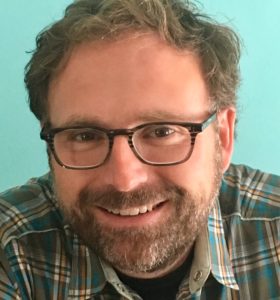This seminar focuses, substantively, on the past, present, and possible futures of digital technologies, or rather on the patterns of thought, conduct, and expression that have grown up in relationship to them. It also focuses, methodologically, on developing an approach by means of which to study and represent the complex temporalities of digital culture in and beyond North America.
Many reading selections relevant to this class feature salient words in their titles—algorithm, anonymous, cloud, code, control, copy, crowd, culture, delete, digital, format, free, friend, Google, human, information, intelligence, interface, noise, person, piracy, protocol, social, and more. That most of these works have appeared within about a decade of one another may be a coincidence; but then again, maybe not. As the cultural studies scholar Raymond Williams observed more than fifty years ago, particular “keywords” tend to emerge at determinate moments in history, their semantic shifts registering broader realignments within and among the state, civil society, law, religion, economics, culture, technology, and the natural world—which is to say, reality. This class is premised on the hypothesis that these and other keywords may tell us something not only about digital culture in history, but also about the broader contexts out of which it has developed and into which it now returns.
This will not be an etymological endeavor, strictly speaking, although etymology will figure as one component of the methodology of this class. The approach we will develop is best characterized as a combination of cultural studies, critical historiography, communication history, and the history of ideas, which, importantly, will allow us to study digital culture in a manner sensitive to the political and open to informed speculation about the future. We will ask questions such as:
- out of what conditions has digital culture emerged, and how have language shifts embodied this process of emergence?
- how have digital technologies affected culture both as an object of knowledge and a domain of lived experience?
- what might contemporary language shifts tell us about the direction of digital culture, and about the future of social reality more generally?
